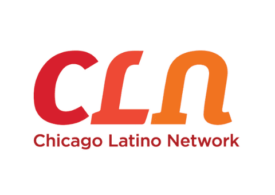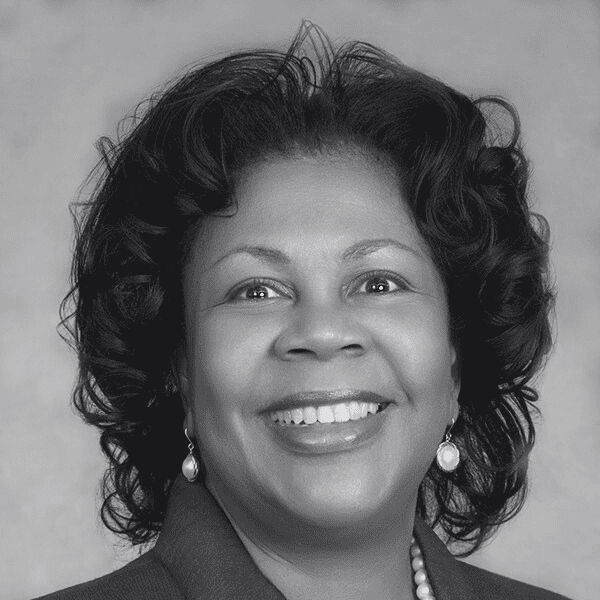
Dr. Deborah Ashton
President, Planet Perspective
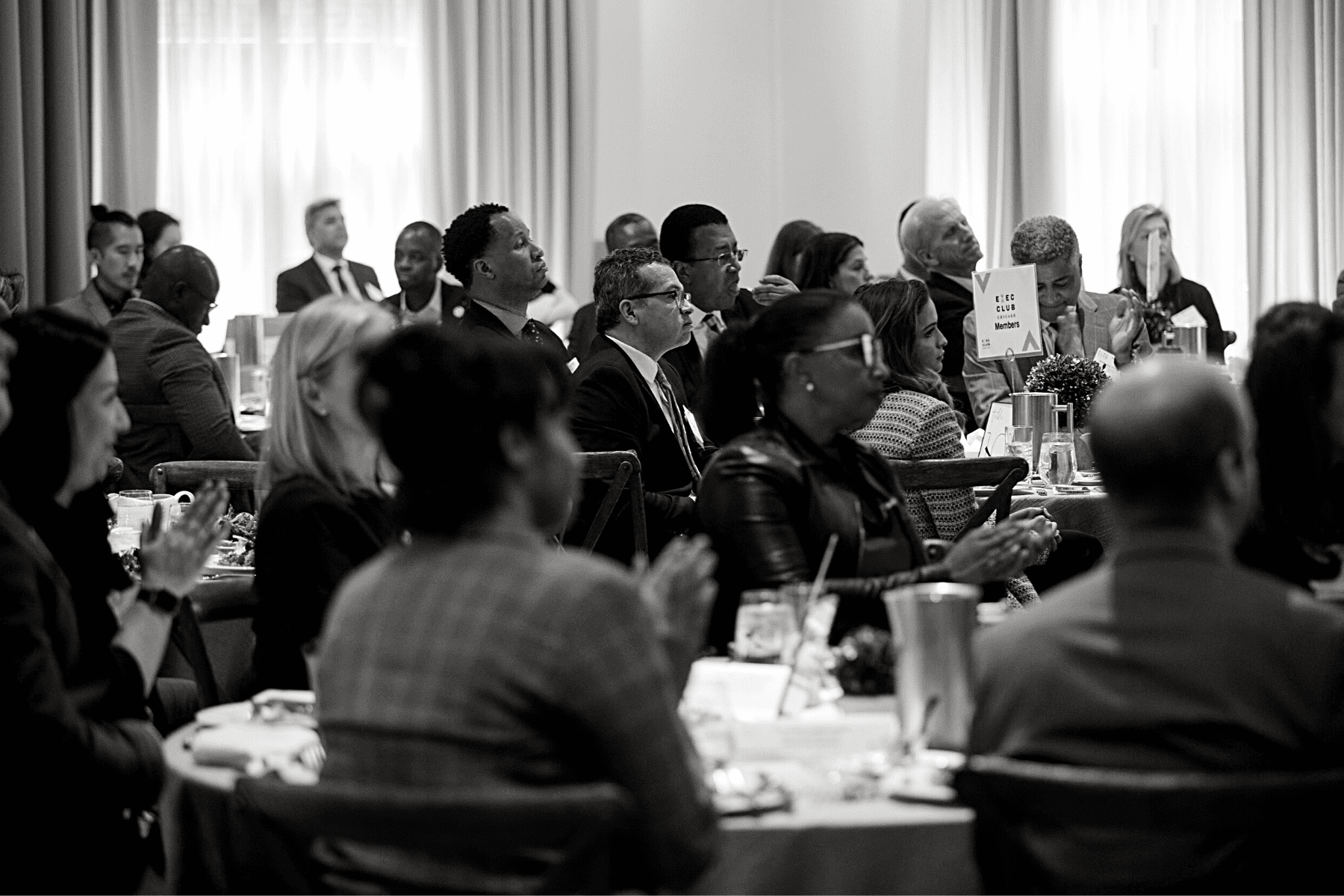
Since the summer of 2020, there has been a change within organizations to support DEIA initiatives. However, there is evidence these commitments have started to wane over time.
How do we keep DEIA at the forefront of organizations with a sustainable approach? Do we know what our organizations’ workforces need to create impactful change that will create an equitable society?
Join Exec Club and Mesirow for essential conversations about diversity, equity, inclusion, and accessibility on December 5, 2023.
This program is presented in partnership with the HRMAC Institute at the Executives’ Club of Chicago. The HRMAC Institute comprises Chicagoland’s largest and most vibrant community of professionals who are passionate about talent and building the best organizations of the future.
While Diversity, Equity, Inclusion, and Accessibility programs have existed in one form or another for years, the murder of George Floyd in 2020 propelled these initiatives into the mainstream. Over the past three years, DEIA topics have continued to remain front and center in society: from LGBTQIA rights, to and increased focus on accessibility, to recent issues related to Affirmative Action.
Recent studies, however, have shown that some organizations are starting to pull back from the commitments they made to further DEIA initiatives. Join us as we discuss the current and future states of DEIA Initiatives in the workplace.

President, Planet Perspective

Chief Diversity, Equity and Inclusion Officer, NiSource Inc.

Executive Principal, Associate General Counsel, OCC
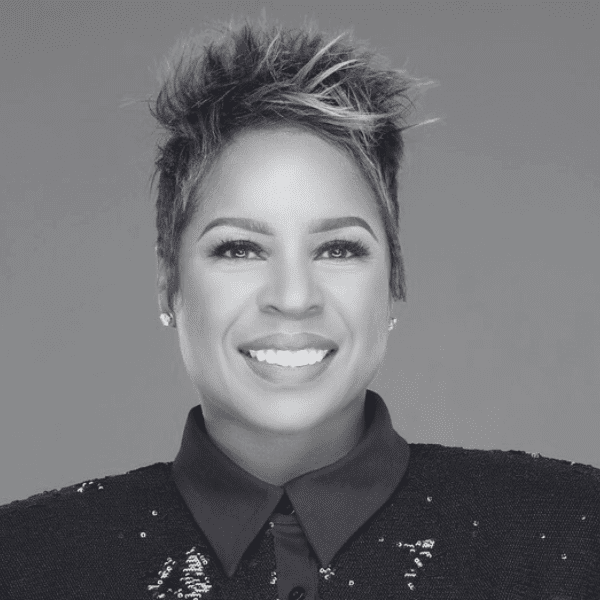
Senior Director, Employee Experience at WTW
33 years ago, the Americans with Disabilities Act was signed into law and helped to bring disability awareness and accommodations to the forefront for employers. While many employers have implemented strategies to accommodate those with visible disabilities, they can often overlook those with invisible disabilities. These can include any physical, mental, or neurological conditions that aren’t visible from the outside.
Recently, employers are starting to pay more attention to invisible disabilities, especially regarding neurodiversity and how they can better accommodate employees with a range of neurological differences. Moving forward, employers will need to learn how to better accommodate neurodiverse employees to unlock their potential for innovation and productivity while making the workplace more inclusive and accommodating.

Cofounder and VP of Partnerships of Infiniteach

Senior Product Designer, Sprout Social
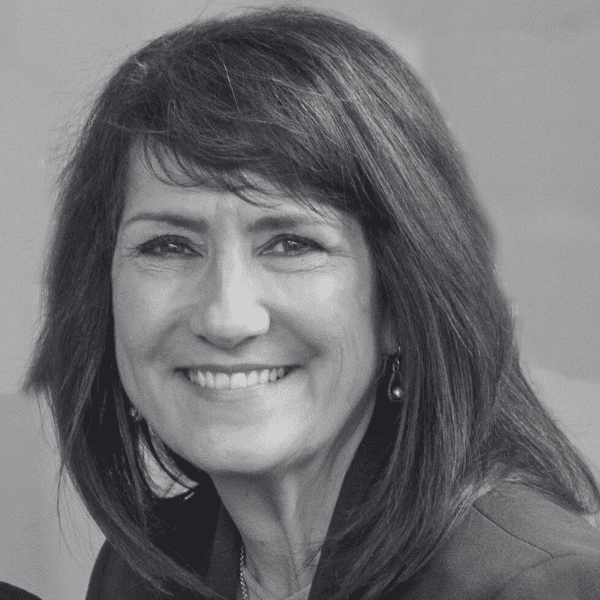
CEO, Little City

COO, NAMI Chicago
Data is key to the success of any DEIA initiative, though it can often be overwhelming. Understanding what to measure, how to collect relevant data, and how to interpret the findings are critical aspects of enhancing DEIA efforts.
How do you decide what constitutes relevant data though? And once you have the data, what should you do with it? Once you know how to answer these questions, you can start streamlining collection processes and using the data to create truly impactful programming.

VP, Assessment & Analytics at Kaleidoscope Group
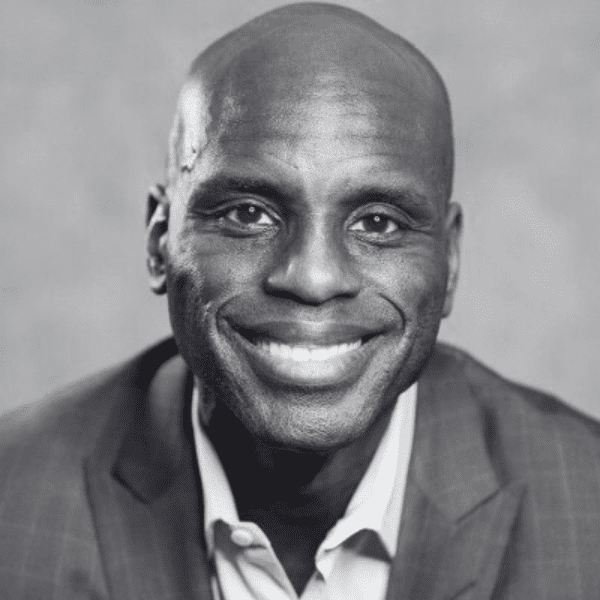
Founding Partner, Consultant, Coach, and Trainer at Creative Outreach Consulting
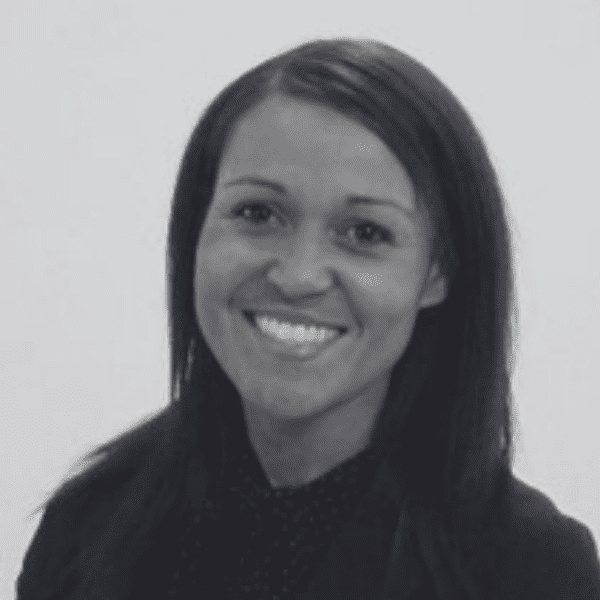
VP of Talent, Development and Inclusion at ModMed
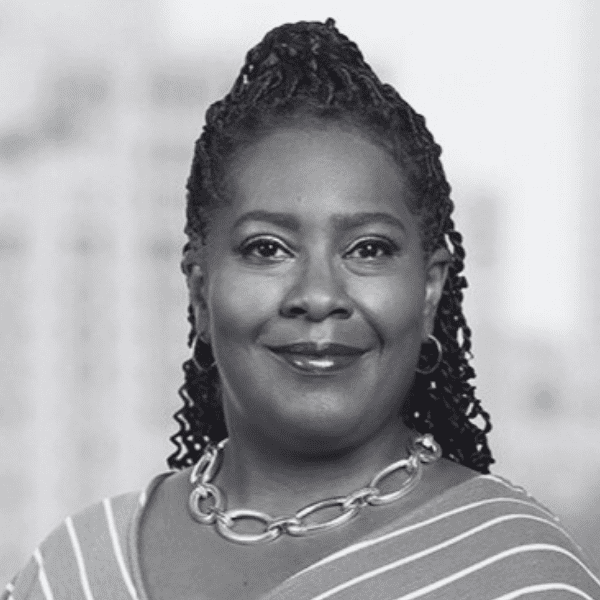
Philanthropy Strategy and ESG Integration, William Blair
We spend a lot of time talking about equity in the DEIA space, but what about equality? It’s easy to view them as one and the same, but equity doesn’t always mean equality. In attempting to create a workplace that promotes equitable practices, you may create an environment where some employees don’t feel they are treated equally.
It’s important that employers understand the distinction and interplay between equity and equality. While both are essential principles, understanding when and how to apply each is crucial for fostering a fair and inclusive workplace.
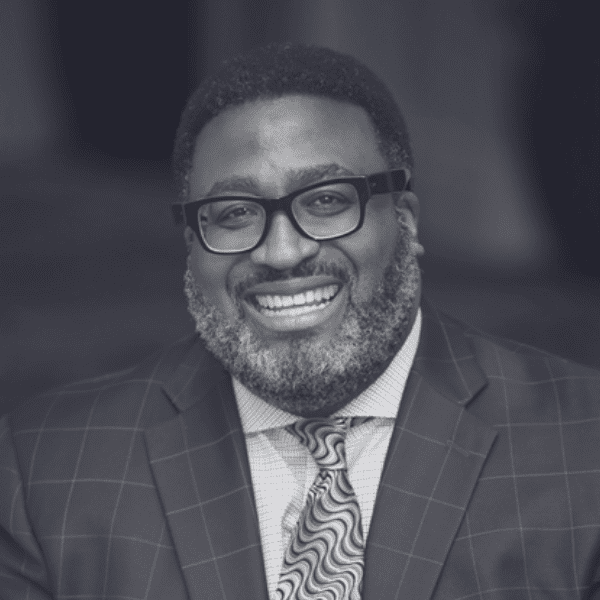
Principal ESG-DEI+J at Point B

Vice President-Diversity, Equity, and Inclusion at Constellation Brands

Founder and CEO of Transformative Growth Counseling

Founder of Culture City


